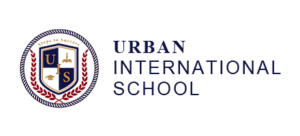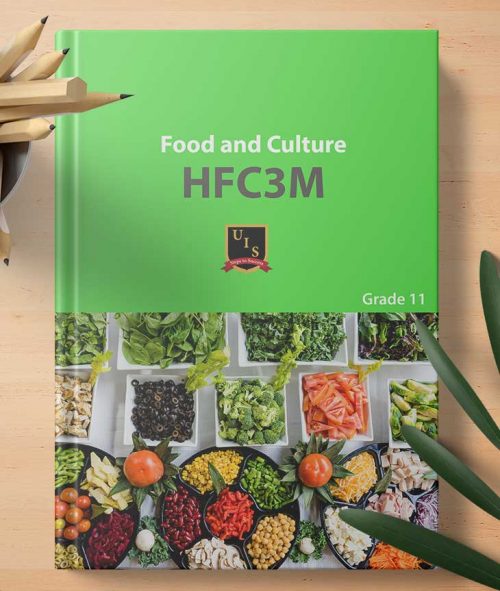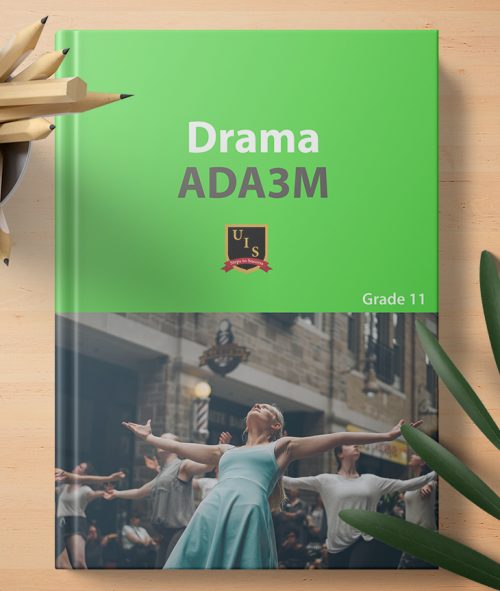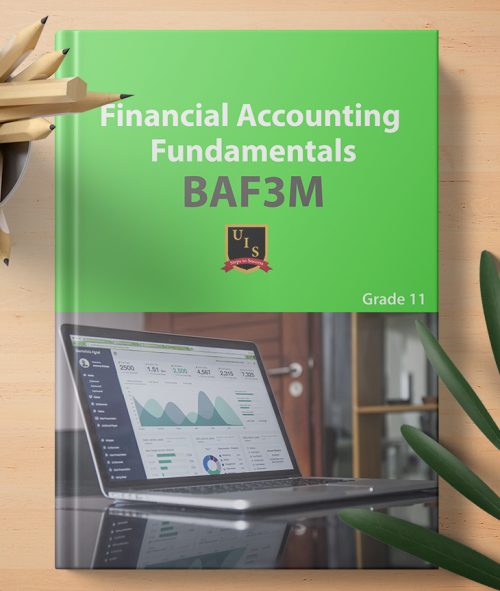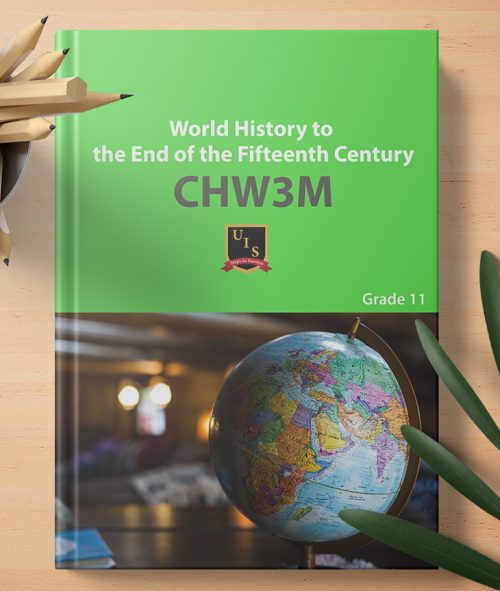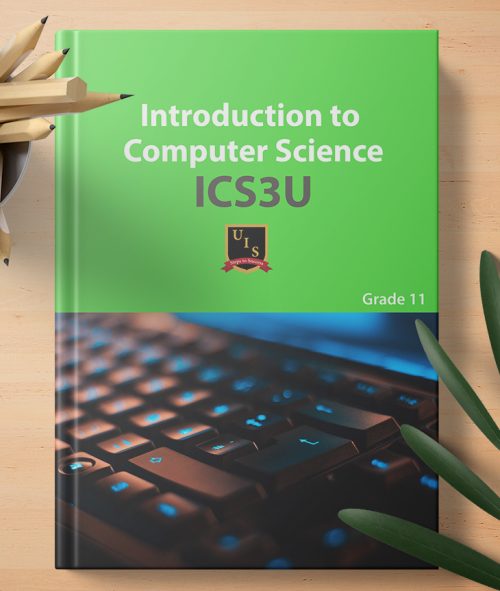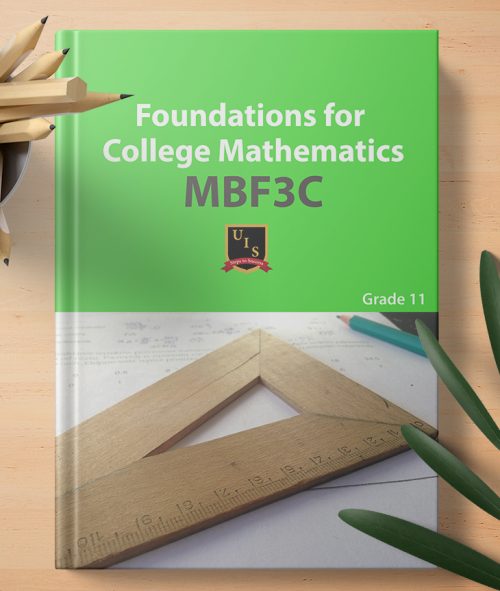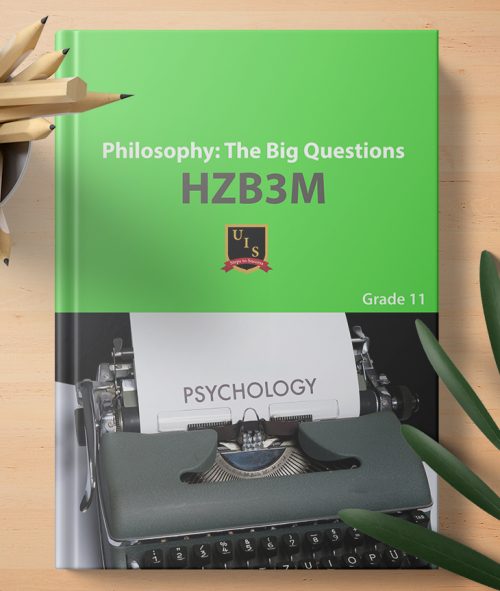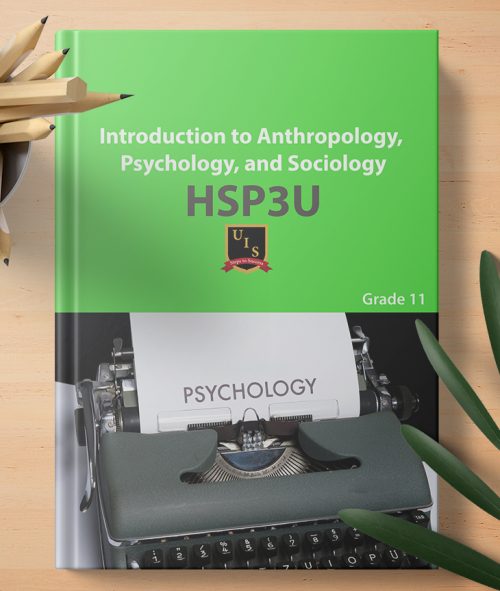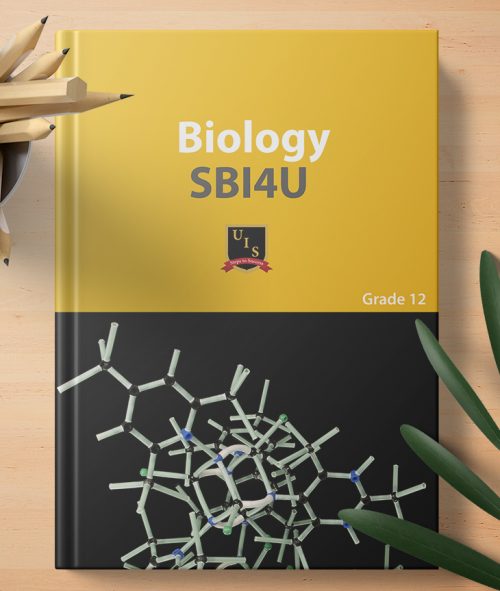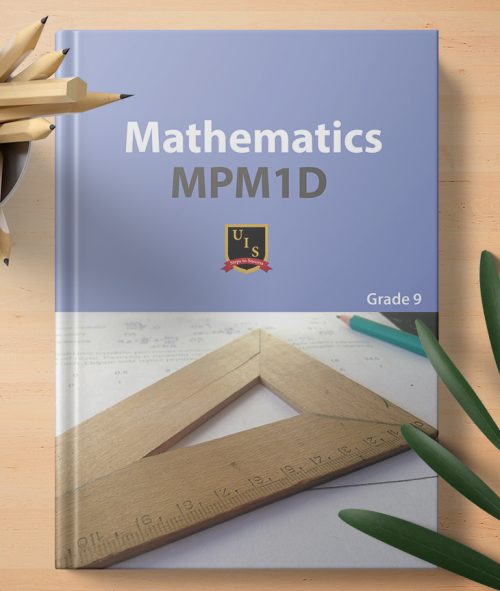This course focuses on the flavours, aromas, cooking techniques, foods, and cultural traditions of world cuisines. Students will explore the origins of and developments in diverse food traditions. They will demonstrate the ability to cook with ingredients and equipment from a variety of cultures, compare food-related etiquette in many countries and cultures, and explain how Canadian food choices and traditions have been influenced by other cultures. Students will develop practical skills and apply social science research methods while investigating foods and food practices from around the world.
-
-
This course requires students to create and perform in dramatic presentations. Students will analyse, interpret, and perform dramatic works from various cultures and time periods. Students will research various acting styles and conventions that could be used in their presentations, and analyse the functions of playwrights, directors, actors, designers, technicians, and audiences.
-
This course introduces students to the fundamental principles and procedures of accounting. Students will develop financial analysis and decision-making skills that will assist them in future studies and/or career opportunities in business. Students will acquire an understanding of accounting for a service and a merchandising business, computerized accounting, financial analysis, and ethics and current issues in accounting.
-
This course explores the history of various societies and civilizations around the world, from earliest times to around 1500 CE. Students will investigate a range of factors that contributed to the rise, success, and decline of various ancient and pre-modern societies throughout the world and will examine life in and the cultural and political legacy of these societies. Students will extend their ability to apply the concepts of historical thinking and the historical inquiry process, including the interpretation and analysis of evidence, when investigating social, political, and economic structures and historical forces at work in various societies and in different historical eras.
-
This course introduces students to computer science. Students will design software independently and as part of a team, using industry-standard programming tools and applying the software development life-cycle model. They will also write and use subprograms within computer programs. Students will develop creative solutions for various types of problems as their understanding of the computing environment grows. They will also explore environmental and ergonomic issues, emerging research in computer science, and global career trends in computer-related fields.
-
This course enables students to broaden their understanding of mathematics as a problem solving tool in the real world. Students will extend their understanding of quadratic relations; investigate situations involving exponential growth; solve problems involving compound interest; solve financial problems connected with vehicle ownership; develop their ability to reason by collecting, analysing, and evaluating data involving one variable; connect probability and statistics; and solve problems in geometry and trigonometry. Students will consolidate their mathematical skills as they solve problems and communicate their thinking.
-
This course encourages exploration of philosophy’s big questions, such as: What is a meaningful life? What separates right from wrong? What constitutes knowledge? What makes something beautiful? What is a just society? Students will develop critical thinking and philosophical reasoning skills as they identify and analyse the responses of philosophers to the big questions and formulate their own responses to them. Students will explore the relevance of philosophical questions to society and to their everyday life. They will develop research and inquiry skills as they investigate various topics in philosophy.
-
This course provides students with opportunities to think critically about theories, questions, and issues related to anthropology, psychology, and sociology. Students will develop an understanding of the approaches and research methods used by social scientists. They will be given opportunities to explore theories from a variety of perspectives, to conduct social science research, and to become familiar with current thinking on a range of issues within the three disciplines.
